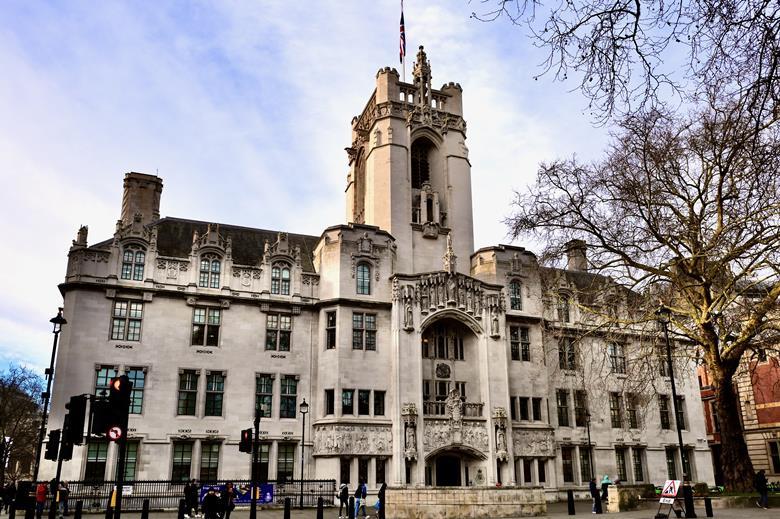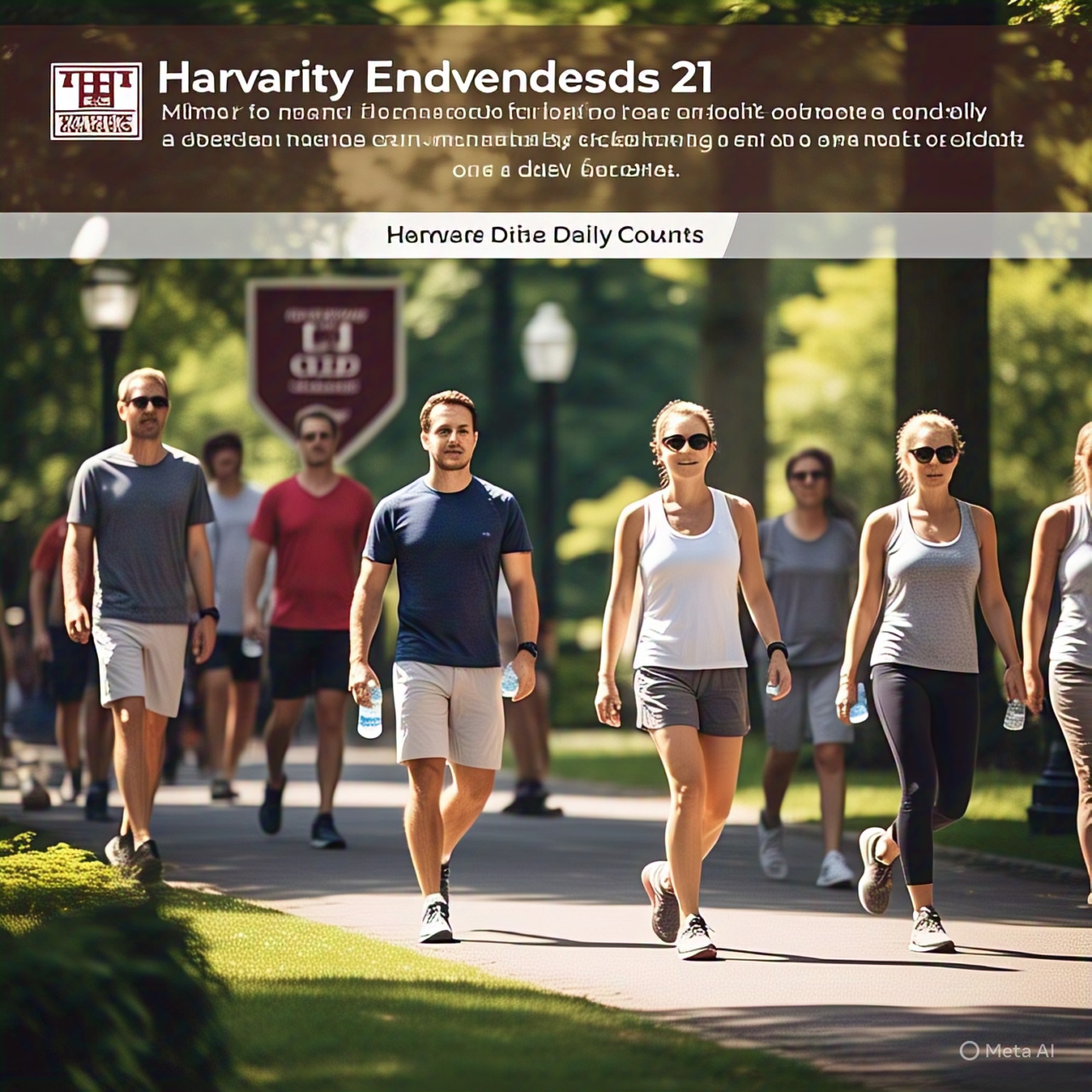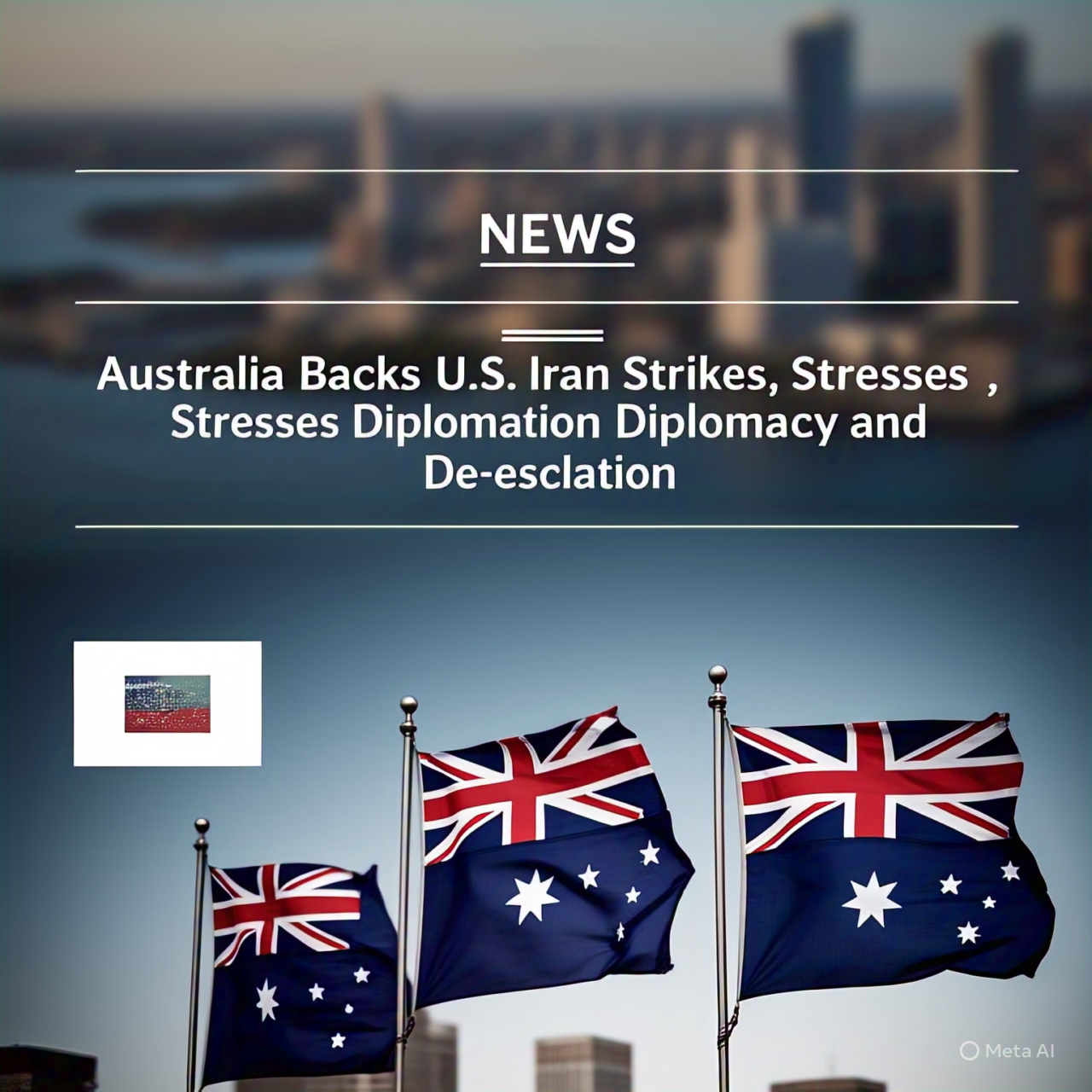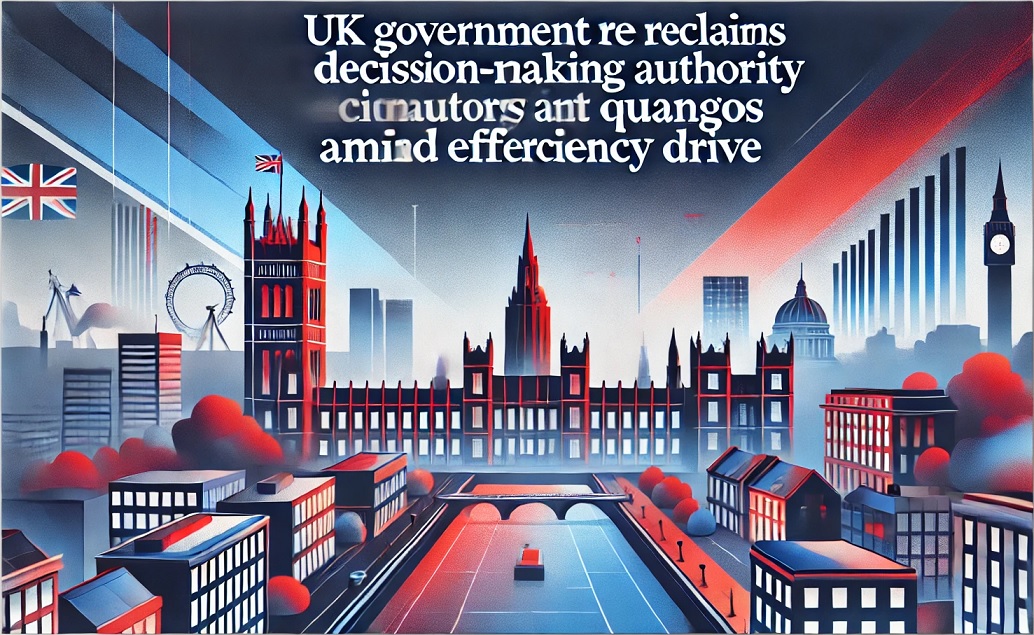The UK Supreme Court ruled that early release from foreign sentences can’t be assumed without clear, automatic evidence. This judgment tightens extradition standards and reshapes how courts apply human rights considerations under Article 8 of the European Convention.
UK Supreme Court Clamps Down on Extradition Loopholes
🔍 A Landmark Decision Reshapes Extradition Law
On June 11, 2025, the UK Supreme Court delivered a major judgment that’s now being seen as a turning point in extradition law. The ruling in the case of Andrysiewicz v Circuit Court in Łódź, Poland closed a widely debated gap in how UK courts handle foreign early release laws in extradition cases.
The Court ruled that unless early release from a foreign prison sentence is guaranteed, automatic, and backed by clear evidence, it should carry minimal weight in determining whether a person’s extradition would violate their human rights, particularly under Article 8 of the European Convention on Human Rights, which protects the right to private and family life.
🏛️ The Case That Prompted It All
The case centered on Ewa Andrysiewicz, a Polish citizen who had been living in the UK since 2016. Convicted of fraud in Poland, she had been sentenced to two years in prison. When Poland issued an extradition request, Andrysiewicz challenged it, arguing that being sent back would cause undue disruption to her life in the UK—where she had rebuilt her life and developed strong personal ties.
Her legal team argued that Polish law allowed early release after serving a portion of the sentence, and therefore, the actual time she might spend in custody would be far less than two years. This, they argued, made the extradition request disproportionate.
⚖️ Article 8 and Public Interest: The Balancing Act
UK courts routinely balance an individual's rights under Article 8 against the public interest in justice. While the right to private and family life is protected, it is not absolute. In extradition law, courts allow interference with this right when necessary and proportionate in the broader context of public order and international cooperation.
In recent years, some lower courts have accepted early release as a valid factor that could tip the scales in favor of the individual. But the Supreme Court’s ruling firmly shuts that door—except in very rare cases.
🚫 No More Speculation on Foreign Sentences
The Supreme Court justices concluded that unless a foreign jurisdiction’s early release system is mandatory and predictable, UK judges should not factor it heavily into their extradition rulings. Speculating whether someone might get out of jail early is, in their view, a dangerous assumption that undermines legal integrity and judicial comity between nations.
This means that unless clear, undisputed evidence proves that a person will be released early, UK courts must consider the full sentence as the reality.
📌 What Counts as “Clear Evidence”?
For early release to matter in future extradition cases, a defense team must show that:
- The release is guaranteed and not just a possibility
- The timing of release is known and not subject to discretion
- Any post-release restrictions or conditions are minimal
- The foreign court or system acknowledges the certainty of early release
Only when these strict standards are met will UK courts consider early release as a factor in deciding whether to block an extradition request.
🔐 Closing the Loophole
This ruling puts an end to what many legal professionals saw as an unfair loophole—one where smart lawyering could delay or stop extradition on the assumption that a person may not serve their full sentence abroad. The Supreme Court called for consistency, clarity, and respect for foreign legal systems, while still maintaining human rights safeguards in truly exceptional situations.
In short, courts will no longer gamble on foreign justice systems. If the release isn’t guaranteed, the full sentence must be considered real and enforceable.
👩⚖️ What Lawyers and Defendants Need to Know
For defense lawyers, this ruling means future extradition arguments under Article 8 must be evidence-based, not theoretical. They’ll need hard proof—not just legal theory or assumptions about foreign prison systems.
For clients, it means the bar for avoiding extradition on family or personal grounds is now much higher. Claims of potential early release won’t help unless every part of the claim is legally verified and concrete.
For prosecutors, this ruling strengthens the UK’s position in international justice cooperation, ensuring that the courts are not second-guessing other countries’ sentencing or prison procedures without cause.
🌐 Reinforcing Legal Harmony Across Borders
This case also sends a strong signal internationally. It affirms that UK courts respect the independence of foreign legal systems, and it avoids setting a precedent where Britain becomes a safe haven for people convicted abroad, simply because their release dates might vary.
In doing so, the Supreme Court reinforces both human rights and international trust, two pillars of a functioning global justice system.
💬 Legal Experts React
Leading legal voices welcomed the decision. Many noted that extradition law had become clouded by inconsistent rulings, especially where early release was involved. This judgment brings much-needed clarity and uniformity.
Some human rights advocates cautioned that the decision could lead to less flexibility for individuals in genuine hardship. But even they agreed that speculative arguments could no longer serve as shields against justice.
✅ Real-World Impact
In practice, this judgment will now be applied across all extradition hearings in UK courts. Judges will treat any early release defense with extreme skepticism unless backed by indisputable legal documentation. Prosecutors can move forward more confidently, knowing that delay tactics relying on foreign sentencing flexibility are unlikely to succeed.
This means a faster, more efficient extradition process, grounded in facts—not forecasts.
📖 Final Word
The UK Supreme Court’s clampdown on extradition loopholes is not just a technical decision—it is a principled stand on how human rights and international law should interact. It respects individual liberty while safeguarding global justice.
By setting high standards for what counts as “relevant” in extradition defenses, the Court has made clear: justice must be transparent, not theoretical.
For defense lawyers, prosecutors, human rights activists, and governments around the world, the message is simple—don’t argue on what might happen. Argue on what will.

















Comments 0